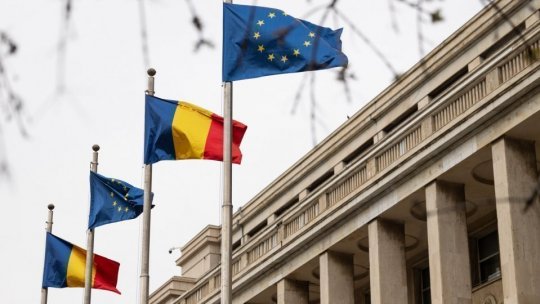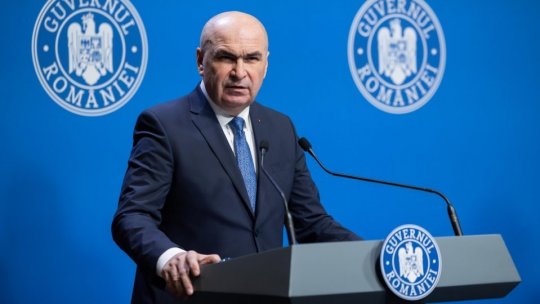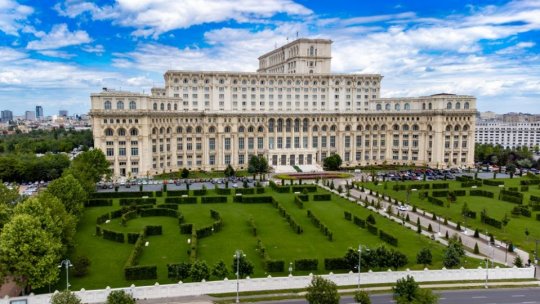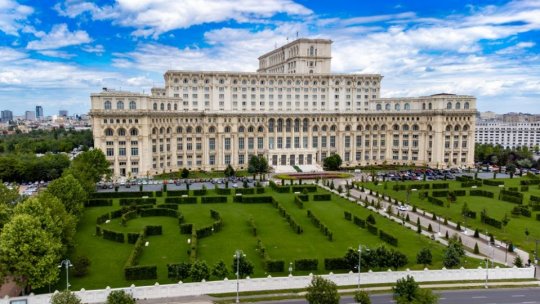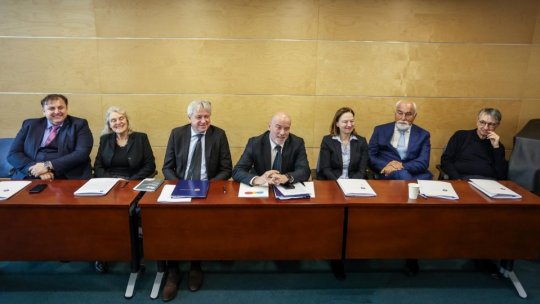Financial Press Review, 13 April
Articles from the Ziarul Financiar, the România Liberă, the Bursa and the Curierul Naţional.

Articol de Florin Lepădatu, 13 Aprilie 2011, 19:13
The explosion of oil prices and the soaring of the price of food merchandise tended to cause in the Romanians’ unconscious, shortly before Easter, the shortening by half of the traditional salutation Happy Easter!
The Ziarul Financiar reported that the entry of some new powerful players on the fuel retail market was that the solution that the Competition Council had proposed in order to the increase the competition and to cheapen the fuel.
The Competition Council has been working for five years at the investigation into the fuels market, and President Bogdan Chiriţoiu announced that it should be finalized by mid-year.
Referring to fuel prices, Chiriţoiu said that the increasing prices may be stopped only under exceptional circumstances, but meanwhile two issues have emerged: the existing law before joining the European Union, so it should be considered whether it contradicts the treaty or not, and on the other hand there must be cleared what exceptional circumstances mean.
From the pages of the same paper we found out that the loan demand from population has comeback spectacularly in March, as the number of reports issued by the Loans Bureau at the banks’ request in order to learn about the potential customers scored almost double compared to the previous months. This was the highest monthly level that has been recorded since autumn 2008, before the bankers blocked the lending.
The România Liberă informed that the bankers were not optimistic at all regarding the lending to individuals and the announced measures of the NBR to limit the foreign currency credit could even do more harm than good.
The NBR considered requiring the banks to conduct mandatory stress tests on the customers with domestic incomes, applying for euro loans.
The Bursa newspaper made it public that, at the auction for assigning a contract for the public-private partnership, the government would have the right to reject a bid deemed as having ‘an unusually low price’ and after the consideration of some additional data there were signs that it might not be technically supported by the investor.
The provision was included in a draft emergency ordinance amending the Public-Private Partnership Law, after the European Commission has warned the authorities in Bucharest that this law had been breaching the EU rules on this field.
The project did not include the definition of the price described as ‘unusually low ‘, but the effectual legislation on public procurement deals with such offers in relation to what is to be supplied, performed or provided, when the bid price, excluding the VAT, is less than 85 percent of the estimated contract value.
The Curierul Naţional announced that if the state conducted initial public offerings for the energy companies Nuclearelectrica and Hidroelectrica, it could make 2.2 billion euros and 1.3 billion euros that without disposing of the stake.
Translated by: Iulia Florescu
MTTLC, MA Student, Bucharest University


